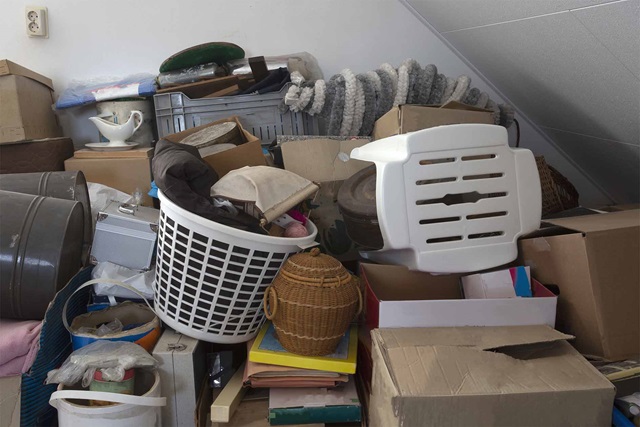Drop off tricky household items for recycling
Walk, ride or drive. Find a drop-off option convenient for you. Quarterly, weekly and daily.
Project Status: When you need to do this
If you’re a City of Sydney resident with unwanted items that don’t belong in your household bins, such as a broken laptop, dead batteries, polystyrene packaging or clothes in great condition that can be resold.
Bring these tricky items and more to our recycling events and drop-off locations.
Commercial, business or construction waste is not accepted.

What you need to do
-
Check your items are accepted
-
Choose a drop-off option convenient for you
Consider re-use
When you drop off clothes and toys, they are resold and reused. Some electronics are repaired or refurbished, with data wiping, before being resold. All other items you drop off are for recycling only.
If your items are still in working condition, try to find a new home for your household items first. You could give them away to someone who needs it or try advertising online through Facebook Marketplace, Gumtree, Trading Post, Ebay, Freecycle or Rosella Street. Follow these tips to learn how to sell your stuff online fast.
Find out more about reducing, reusing and repairing.

Type “recycling help” into our virtual assistant
Where does it all go?
- Clothes are donated to Australian charity The Salvation Army and resold in Salvos Stores.
- Polystyrene will be recycled into products such as building insulation and photo frames.
- Electronics are sorted and broken down into various materials for recycling. Batteries can be recycled into new ones. Mobile phone components can be used to make new technology, reducing the need for mining raw materials.
- Light bulbs are crushed and the glass wool can become home insulation.
- Gas bottles are inspected for reuse. Rejected bottles are shredded and the metal is recycled. The gas is recovered.
- X-rays are harvested for silver, which is recycled and the remaining product is added to road-base bitumen.
- Coffee pods are separated for their resources. Coffee grounds are composted. The aluminium casings can be infinitely recycled into new products.
- Printer cartridge recycling recovers the plastics, metals, ink and toner. Plastics are separated by type before being refined and metals are sent for smelting. They are then sold as raw materials for manufacturing. Ink is refined, mixed and sold as printing ink.
- Small metal items are taken to a local recycling facility and sorted into categories such as steel, copper, aluminium, lead, silver and gold. These different metals are shredded and sent to a smelter where they are mixed with other materials to create new products.


